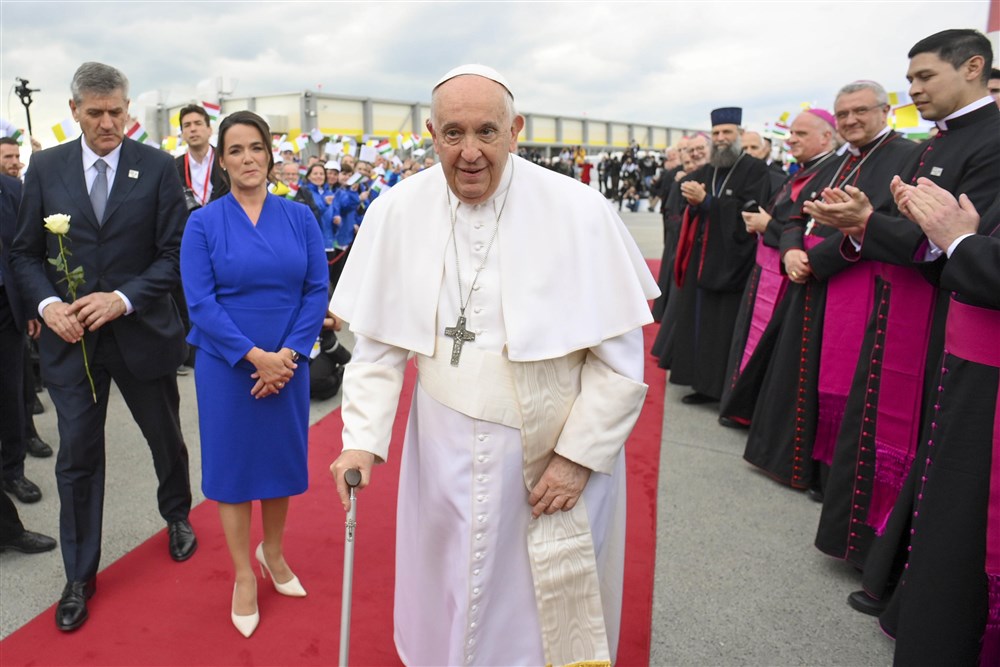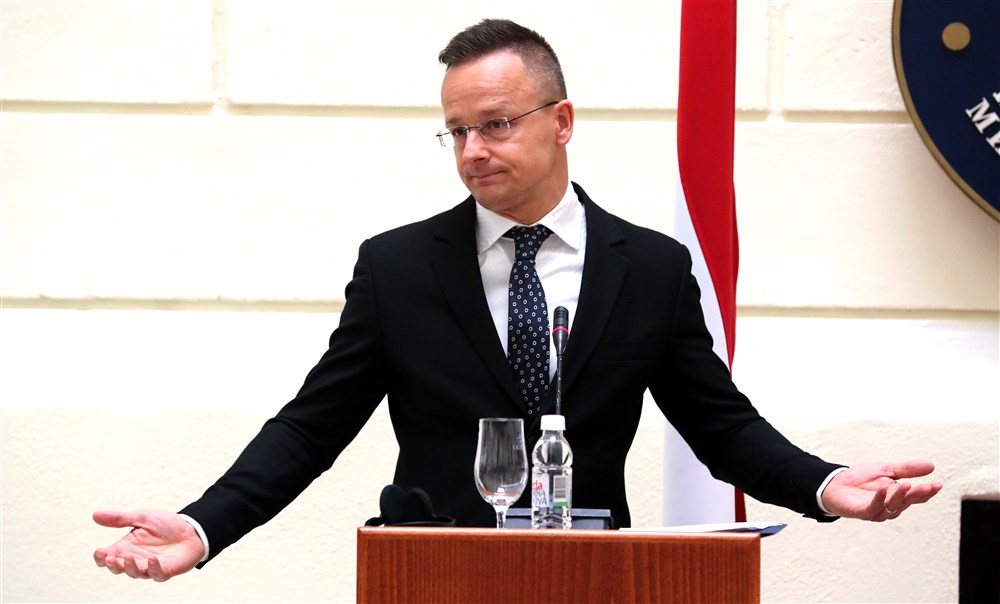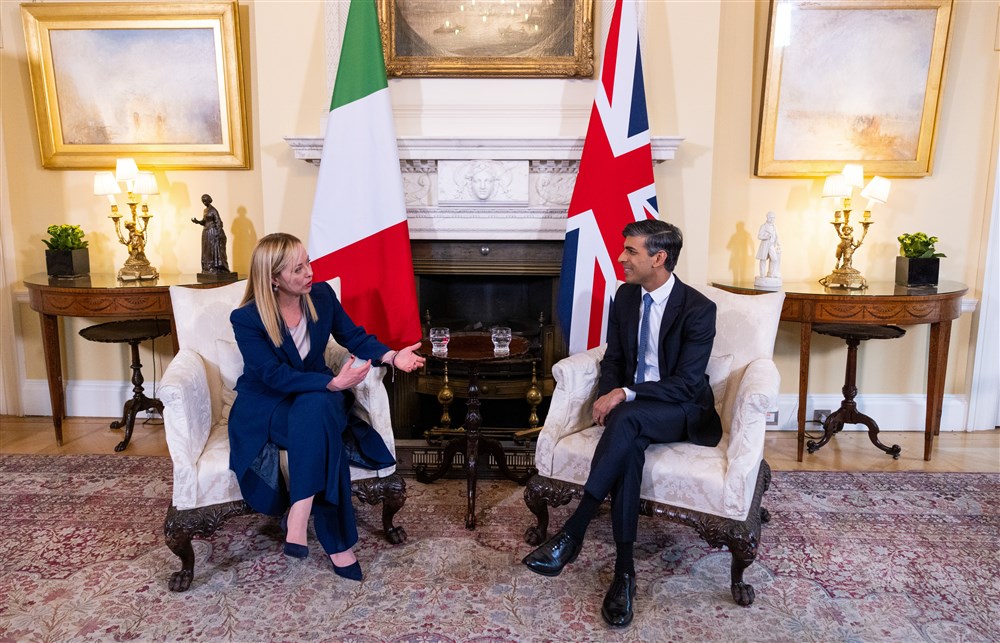Florida Governor Ron DeSantis does not appear a big fan of the EU’s way of doing business. During a whistle-stop visit to the UK on April 28, he expressed concerns about the EU trading bloc. He also spoke of his belief in Brexit.
DeSantis, one of the favourites to be the Republican’s candidate for the 2024 US presidential election, suggested that the days of big trade deals involving many countries — one of the cornerstones of the 27-country EU endeavour — are “probably over” for the US. Brexit he declared a “good idea” that appealed to him “philosophically”. He likened the Brits bold move to his country’s Declaration of Independence and its Founding Fathers’ fight to defend their rights.
“The [future of] trading is going to be based on bilateral agreements,” the governor of Florida stated in an interview with the UK’s Sunday Telegraph. “There is a much better chance that there could be something that is mutually beneficial between the UK and the US, rather than doing something with the entire EU.”
Polls indicate that DeSantis is former president Donald Trump’s strongest competition for the Republican ticket in next year’s presidential election. While DeSantis has not officially announced his run, he is doing a lot of positioning and many commentators suggest his announcement to compete for the Republican nomination is imminent. He has just released his memoir: The Courage to be Free: Florida’s Blueprint for America’s Revival.
The US goods and services trade deficit with the European Union in 2019 was estimated to be around $130 billion, with US-EU trade totalling an estimated $720 billion in 2019, according to the Office of the United States Trade Representative.
The trade imbalance was a frequent rhetorical target for Donald Trump as president. He often Tweeted about how the EU made it “impossible” for US farmers, workers and companies to do business.
The European Commission’s latest roadmap for agriculture, known as the “Farm to Fork” strategy, the cornerstone of fundamental agriculture reform intended to foster sustainable agriculture, makes any deal less likely. It has drawn sharp criticism in the US. “With the current recession, one wonders what the consequences of these radical changes will be in Europe,” Bill Wirtz writes for The American Conservative. He notes that US Secretary of Agriculture Sonny Perdue has been particularly active in the European media, “reminding authorities that modern farming is a great asset, that their choices will lead to bad outcomes, and that a trade deal across the Atlantic will be virtually impossible if Europe diverges even more from reasonable norms.”
Like the majority of the Republican Party, DeSantis opposes expansive multilateral trade agreements with collective rules and restrictions — such as those imposed by the EU through so-called “exclusive competence” on the likes of trade and agricultural policy, which in layman terms means the EU calls the shots, overriding a country’s government — though he thinks that the “special relationship” between the US and UK means that a special trade deal between the two is possible.
He described how the relationship is exemplified by the fact that the UK is one of a “handful of countries” that would be “with us when the chips are down.”
The current war in Ukraine has arguably had a unifying effect between the EU and the US through the shared endeavour to enable Ukraine to defeat Russian militarily (leading to questions, on both sides of the Atlantic, about the lack of diplomatic effort to bring about a negotiated peace).
“Our goal must be to preserve unity in the European Union and to preserve unity between the United States and Europe, and we must energise Ukrainians on the front lines and Americans at home,” Ambassador Mark Gitenstein, the United States Ambassador to the European Union, commented in October last year. “We have to create unity at home, have a great narrative that people understand.”
But that narrative could shift significantly if either of the two favourites for the Republican candidacy can go all the way come November 2024.
DeSantis also met with the UK’s Business Secretary Kemi Badenoch, who he praised for her efforts to counter “woke ideology” from “corrupting British society”. Badenoch, who is also the minister for women and equalities, has been outspoken on issues such as gender identity. DeSantis described woke ideology as “a war on the truth” and that “we look at woke infiltrating schools as a problem, woke infiltrating bureaucracies as a problem and woke infiltrating corporate America as a problem.”
It’s a position not dissimilar to that taken by Hungarian leader Viktor Orban in pushing back against what he deems to be dangerously progressive policies propagated by Brussels that undermine Hungary’s core traditional values.





